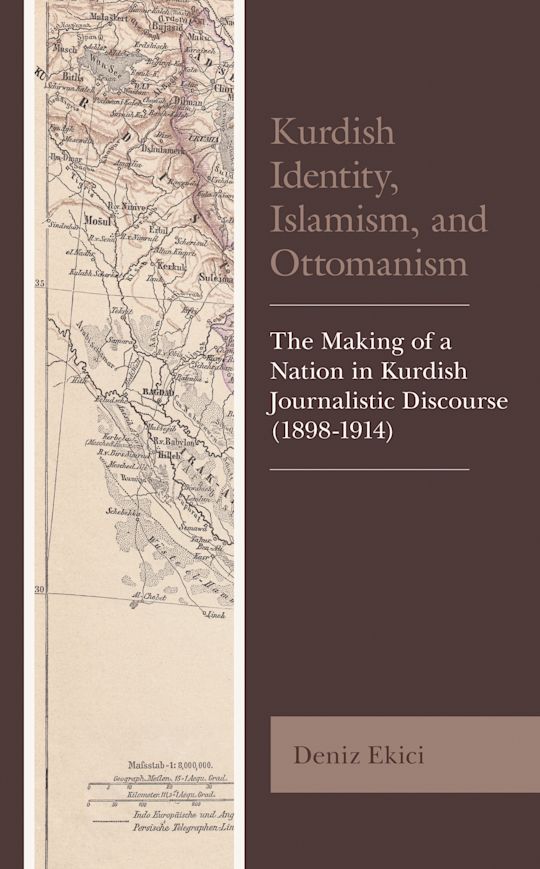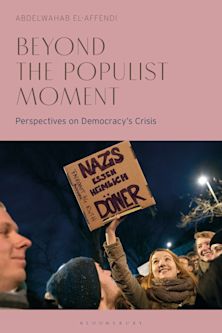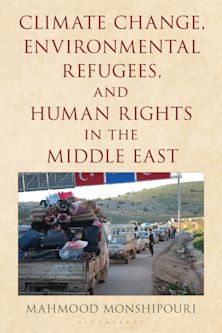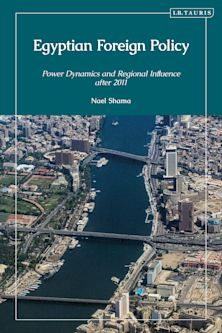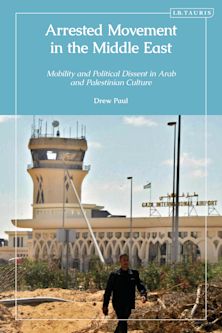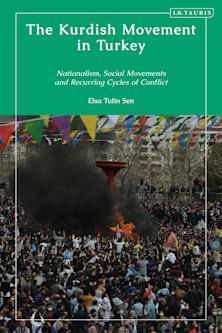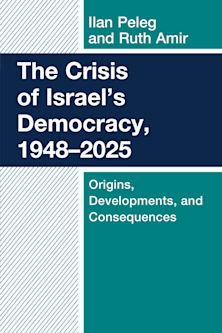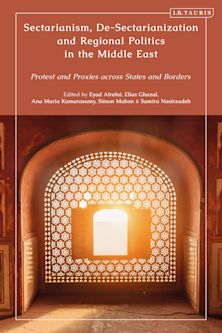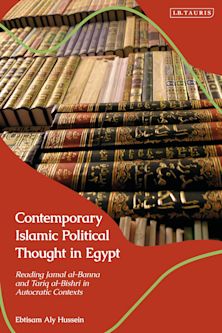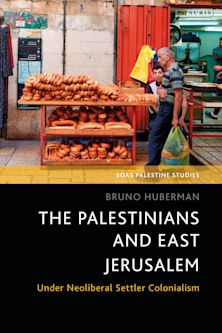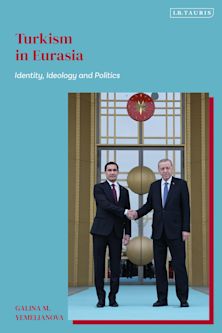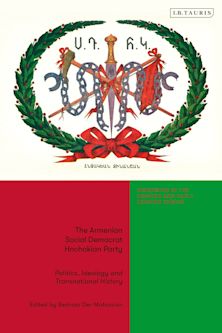Kurdish Identity, Islamism, and Ottomanism
The Making of a Nation in Kurdish Journalistic Discourse (1898-1914)
Kurdish Identity, Islamism, and Ottomanism
The Making of a Nation in Kurdish Journalistic Discourse (1898-1914)
This product is usually dispatched within 2-4 weeks
- Delivery and returns info
-
Flat rate of $10.00 for shipping anywhere in Australia
Description
A major common misconception in scholarship on Kurdish journalistic discourses is that Kurdish intellectuals of the late Ottoman period cannot be portrayed as Kurdish nationalists. This theory prevails because of the belief that they not only endorsed and promoted Pan-Islamism and Ottoman nationalism instead of Kurdish ethnic nationalism, but also because they allegedly eschewed political demands and instead concerned themselves with ethno-cultural issues to articulate forms of “Kurdism” rather than “Kurdish nationalism.”
Refuting this underlying misconstruction of the nexus between Pan-Islamism, Ottomanism, and Kurdish nationalism, this book argues, based on empirical findings, that the Kurdish periodicals of the late Ottoman period served as a communicative space in which Kurdish intellectuals negotiated and disseminated an unmistakable form of Kurdish nationalism. It claims that hegemonic Ottomanist and Pan-Islamist political thought were used in pragmatic ways in the service of burgeoning Kurdish nationalism, but were rejected altogether when they were no longer useful to fostering Kurdish nationalism.
Table of Contents
Chapter 2: The Journal Kurdistan: Kurdish Nationalism and Pseudo-Pan-Islamism
Chapter 3: The Journal Kürd Teavün ve Terakkî Gezetesî (KTTG) and its Ottomanist Rhetoric
Chapter 4: The Journal Rojî Kurd: Kurdish Identity Redefined
Discussion and Conclusion
Product details
| Published | 23 Mar 2021 |
|---|---|
| Format | Hardback |
| Edition | 1st |
| Extent | 252 |
| ISBN | 9781793612595 |
| Imprint | Lexington Books |
| Illustrations | 10 b/w photos; 8 tables; |
| Dimensions | 227 x 162 mm |
| Series | Kurdish Societies, Politics, and International Relations |
| Publisher | Bloomsbury Publishing |
Reviews

ONLINE RESOURCES
Bloomsbury Collections
This book is available on Bloomsbury Collections where your library has access.









